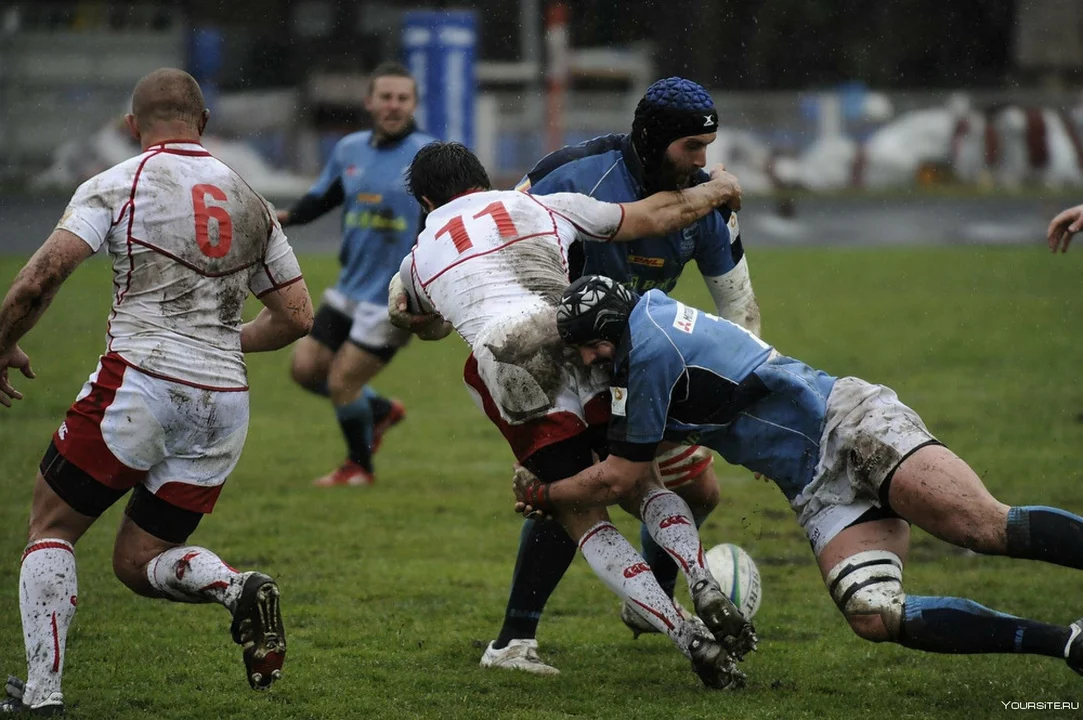Safety Tips for Tennis and Rugby: Play Confidently, Stay Injury‑Free
Whether you’re smashing a serve at Wimbledon or joining a scrum in Surrey, the last thing you want is an avoidable injury. The good news is that a few simple habits can make a huge difference. Below you’ll find down‑to‑earth advice that works on the court, the pitch, and even off the field.
Why Safety Matters in Every Match
Sports are built on excitement, but the thrill fades fast when a sprain or a concussion sidelines you. In tennis, a sudden twist can ruin weeks of training; in rugby, a misplaced tackle can end a season. Keeping safety top‑of‑mind protects your health, saves money on medical bills, and lets you enjoy the game longer.
Practical Safety Tips
1. Check Your Gear Before You Play
Racket strings that are too loose can snap mid‑swing, while worn‑out tennis shoes lose grip and increase the risk of ankle rolls. In rugby, inspect your boots for loose studs and make sure your mouthguard fits snugly. A quick visual check takes less than a minute but avoids costly accidents.
2. Warm‑Up Smart, Not Just Fast
A proper warm‑up ramps up blood flow and readies joints. Start with light jogging, then add dynamic stretches like arm circles for tennis or lunges for rugby. Skip the static hold‑until‑you‑feel‑tight routine; you want mobility, not stiffness.
3. Master the Basics Before Going Full‑Throttle
In tennis, a solid forehand foundation reduces the chance of over‑rotating your shoulder. In rugby, learning to tackle at the waist protects both your neck and the opponent’s head. Spend time on drills that reinforce technique before you chase the win.
4. Stay Hydrated and Fuel Right
Dehydration sneaks up during long matches and can cause cramps or dizziness, which leads to falls. Drink water regularly, and snack on carbs and protein to keep energy stable. A hydrated body reacts faster and recovers quicker.
5. Listen to Your Body
That niggle in your knee after a hard rally isn’t “just soreness.” Ignoring early signs often turns a minor strain into a major tear. If pain lingers beyond a day or two, see a physio or sports doctor instead of pushing through.
6. Use Protective Equipment Wisely
Wrist braces are common in tennis for players with past injuries; they can prevent new sprains without limiting swing speed. In rugby, helmets and padded shoulder gear are optional but highly recommended for high‑impact positions. Choose gear that fits well and meets sport‑specific standards.
7. Create a Safe Playing Environment
Make sure the court surface is clean and dry; remove any cracks or debris that could cause a slip. For rugby fields, check that the grass isn’t overly wet or uneven. A tidy surface reduces surprise trips and keeps focus on the game.
By weaving these habits into every practice and match, you’ll lower the odds of injury and boost confidence. Safety isn’t a chore—it’s the foundation that lets you swing harder, run faster, and enjoy every point or try without fear. Keep these tips handy, share them with teammates, and stay in the game for years to come.
